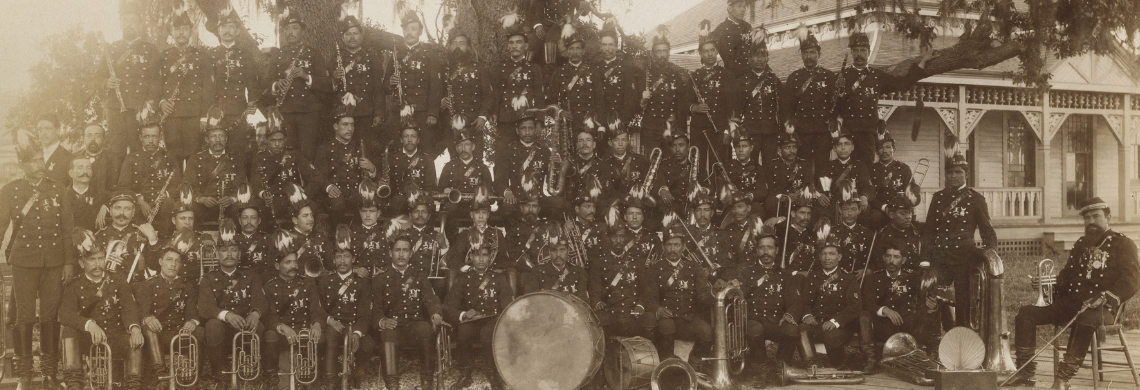
POPULAR MUSIC PROJECT
A Music and Society Research Lab
Current Work
-

Cultures in the Crossfade
The crossfader is a tool of DJ mixing, a horizontal slider that toggles between the music on two input channels without fully fading out either — to mix without erasing, to combine without destroying, to juggle and sustain difference. In our present culture marked by division and political polarization, the crossfader can be a model of belonging and change, amplifying points of connection – ones in which the rise of one way of thinking need not result in the erasure of another.
Cultures in the Crossfade is a multi-episode video series developed in collaboration with filmmaker Matthew Beighley that brings the crossfader to life as a test method in urban communities where cultural change and political division are shaping local social life. -

Sonic Street Technologies
PMP is the US research partner of Sonic Street Technologies (SST), a European Research Council (ERC) funded research project (2021 – 2025) examining the role and value of bottom up, subaltern and Global South uses of recorded music technologies. The project aims to map the distribution and history of these SST worldwide; to investigate the social, economic and cultural conditions from which they are born; and to achieve a deeper understanding of the nature of technology itself and its uses for social and economic progress.
PMP researchers Paulina Lanz and Fernanda Soria are leading the US branch of the project, focusing on Mexican migrant and Mexican-American sound systems and soniderxs, as well as reggae sound systems. -

Quantum Vibrations
Commissioned as part of PST Art: Art & Science Collide, Quantum Vibrations is a four-part music series that will explore the intersections of art and science through music and sound. The evolution of human music and human sound has always been directly linked to transformations in the sciences, from astronomy and physics to physiology and neuroscience, from the spaces and materials of the natural landscape to inter-species biology and communication. Indeed, one of the key ways that music has been historically defined, understood, studied, and practiced is through the lens of scientific knowledge and scientific discovery. This series engages with artists who think about music in scientific contexts and who use music to explore scientific questions. Borrowing its title from legendary composer Pauline Oliveros’ idea of “quantum listening,” or “listening in order to attune to our bodies, the earth and one another in an increasingly loud and noisy world,” the series includes musical meditations on nuclear research, desert biomes, speculative world making, and non-human music makers. Launching Fall 2024.
-

Music and the Archive
An ongoing series of projects that engage musical archives by activating them through new live and recorded performances, audio-visual exhibitions, interpretive research and storytelling, and other public facing engagements. Current projects include the story of the 8th Cavalry Mexican Band (book forthcoming with The HIstoric New Orleans Collection), the music of L.A. streets in the photography of Ed Ruscha, and the archives of Los Angeles composer Harold Bruce Forsythe.
The Popular Music Project (PMP) takes popular music seriously as an object of sustained critical inquiry through a mix of research projects, course development, public events, videos, publications and artists’ residencies.
PMP is directed by Josh Kun, Professor and Chair in Cross-Cultural Communication at the USC Annenberg School. Kun is an award-winning cultural historian, critic, curator, and expert on the intersection of arts, culture and politics. Kun is a MacArthur Fellow and USC Vice Provost for the Arts.
Contact Josh Kun here.

